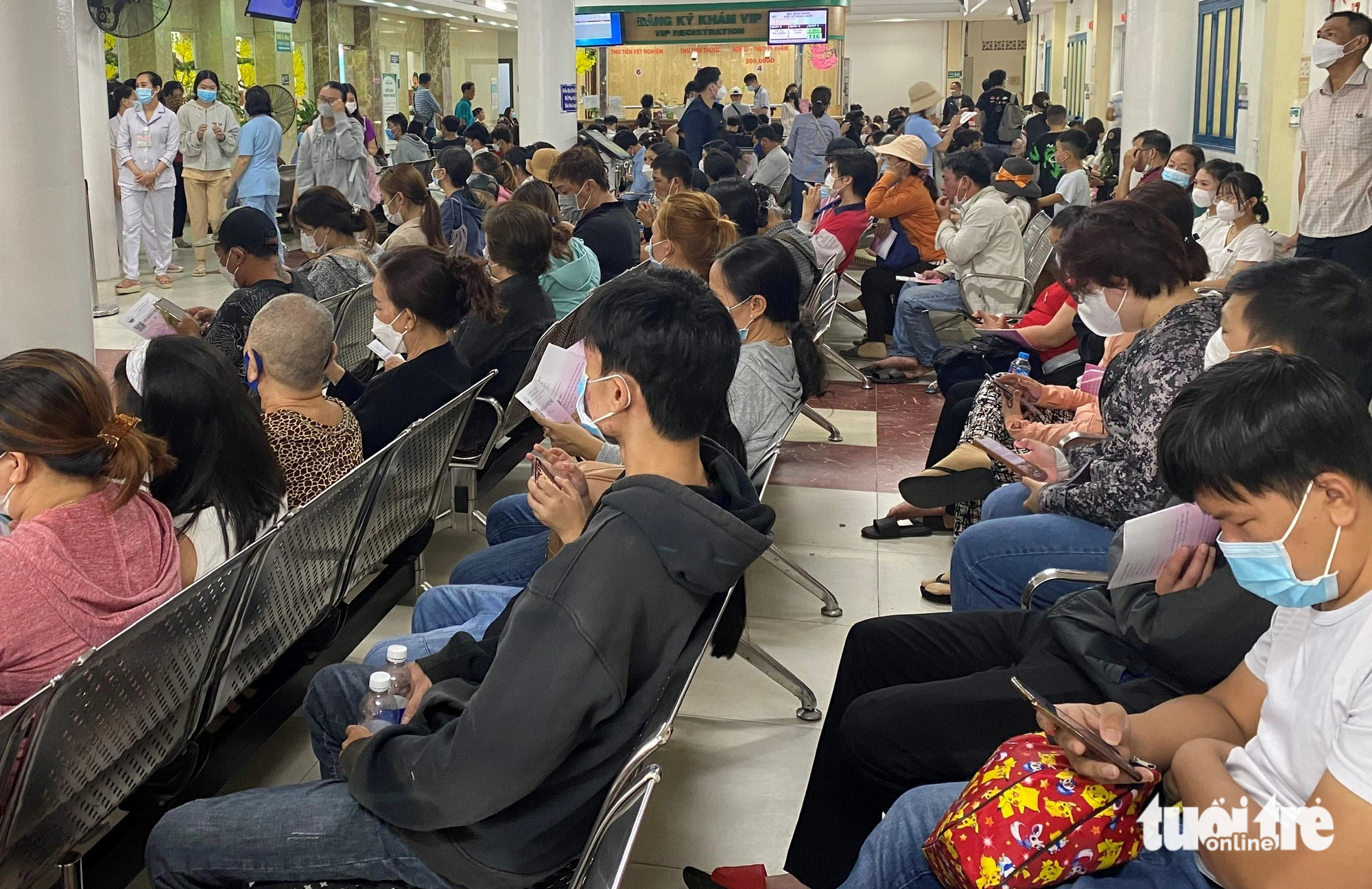Close to 15 million Vietnamese, equal to 14.9 percent of Vietnam’s population, are afflicted with 10 common mental health disorders, posing many challenges to the country’s mental healthcare sector, the Ho Chi Minh City Center for Disease Control (HCDC) said in a statement on Monday.
These figures, sourced from the Ministry of Health, were mentioned at the National Congress on Psychiatry hosted by the HCDC between August 19 and 20 in the city.
Given the rapid social and technological advancement, many new types of mental health issues have emerged, said the HCDC.
However, there is a common misconception among most of the locals that those with mental health disorders are all schizophrenics.
Meanwhile, 0.47 percent of the population is beset by schizophrenia.
Depression and anxiety afflict around six percent of the population, while other mental health disorders account for the rest, such as bipolar disorder and issues associated with alcohol and drug consumption.
Among children, around 12 percent, or more than three million, require mental health care.
It is also noteworthy that depression is the second leading contributor to harming the health and diminishing people's labor capacity, just after heart diseases.
Depression which is more prevalent in women affects a growing number of patients.
The COVID-19 pandemic also highlighted the urgent need to strengthen mental health care for local people.
Ho Chi Minh City launched a hotline to provide mental health support for the people post-pandemic and has kept the hotline operational so far.
Unexpected things such as stress are unavoidable in daily life but people can keep their physical and mental health balanced by adopting ways to relieve such stress and think positive, Vu Kim Hoan, deputy head of the Ho Chi Minh City Psychiatric Hospital’s general planning department, told Tuoi Tre (Youth) newspaper.
However, it will be hard for patients with depression and other mental disorders to balance their physical and mental health, the doctor admitted.
Hoan mentioned three main symptoms of depression, including low mood or sadness, tiredness, and loss of interest in normal activities that last a whole day or more than two weeks.
Other common symptoms of depression are reduced appetite, insomnia, feelings of worthlessness or guilt, and frequent or recurrent thoughts of death.
It takes at least two weeks to determine whether a person has depression or not, after they develop all the symptoms mentioned above.
Patients with serious depression will receive inpatient treatment and will be monitored throughout the day, the doctor said.
Like us on Facebook or follow us on Twitter to get the latest news about Vietnam!


















































